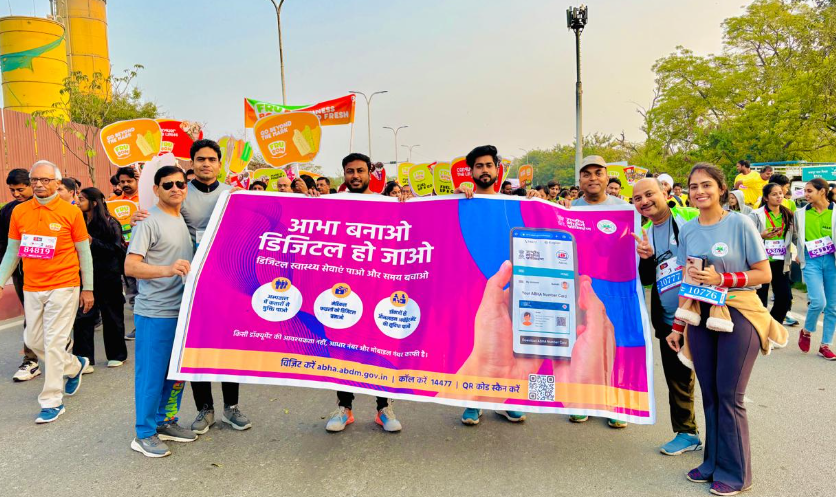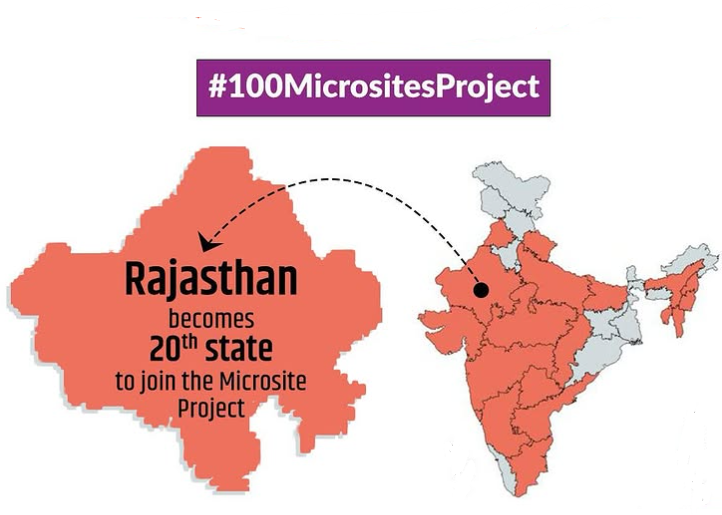1. National Programme for Non-Communicable Diseases
-- Uchcha Raktchap, Madhumeh & Cancer nidan evam Upchar
The Uchcha Raktchap, Madhumeh & Cancer Nidan Evam Upchar program aims to provide early detection and treatment services for hypertension, diabetes, and cancer. The program focuses on promoting health awareness, conducting screenings, and providing medical treatment to patients.
Under this program, healthcare professionals are trained to provide quality care and treatment to patients. The program also promotes community awareness and participation in health promotion activities.
2. National Programme for Health Care of Elderly
-- Ramashray
The Ramashray program provides shelter and care services to destitute patients, particularly those suffering from mental illnesses. The program aims to provide a safe and supportive environment for patients, promoting their recovery and rehabilitation.
Under Ramashray, patients receive food, shelter, clothing, and medical care. The program also provides counseling and vocational training to patients, enabling them to reintegrate into society.
3. National Programme for Palliative Care
The National Programme for Palliative Care aims to provide comprehensive palliative care services to patients with life-limiting illnesses. The program focuses on promoting quality of life, alleviating pain and suffering, and providing emotional and spiritual support to patients and their families.
Under this program, palliative care services are integrated into existing healthcare systems, ensuring that patients receive comprehensive and compassionate care.
4. National Programme for Control of Blindness and Visual Impairment
-- Nishulk Netra Jaanch evam Chashma Vitaran
The Nishulk Netra Jaanch Evam Chashma Vitaran program provides free eye check-ups and spectacles to patients, particularly those from underprivileged backgrounds. The program aims to promote eye health, prevent avoidable blindness, and improve quality of life.
Under this program, eye check-ups are conducted, and spectacles are provided to patients free of cost.
-- Motiyabind Operation
The Motiyabind Operation program provides free cataract surgeries to patients, particularly those from underprivileged backgrounds. The program aims to promote eye health, prevent avoidable blindness, and improve quality of life.
Under this program, cataract surgeries are conducted, and post-operative care is provided to patients free of cost.
-- Corneal Transplant
The Corneal Transplant program provides corneal transplant services to patients, particularly those suffering from corneal blindness. The program aims to promote eye health, prevent avoidable blindness, and improve quality of life.
Under this program, corneal transplant surgeries are conducted, and post-operative care is provided to patients.
5. National Program for Control of Deafness
The National Program for Control of Deafness aims to prevent and control deafness and hearing impairment. The program focuses on promoting ear health, preventing avoidable hearing loss, and providing rehabilitation services to patients.
Under this program, ear check-ups are conducted, and hearing aids are provided to patients. The program also promotes community awareness and participation in ear health promotion activities.
6. National Oral Health Programme
-- Dant Chikisa Sevaen
The Dant Chikisa Sevaen program provides free dental check-ups and treatment services to patients, particularly those from underprivileged backgrounds. The program aims to promote oral health, prevent avoidable dental problems, and improve quality of life.
Under this program, dental check-ups are conducted, and treatment services are provided to patients free of cost.
7. National Mental Health Programme
-- Mansik Sasthya Sevaen
The Mansik Sasthya Sevaen program provides mental health services to patients, particularly those suffering from mental illnesses. The program aims to promote mental health, prevent mental illnesses, and provide rehabilitation services to patients.
Under this program, mental health professionals provide counseling, therapy, and treatment services to patients.
8. National Programme for Prevention and Control of Fluorosis
The National Programme for Prevention and Control of Fluorosis aims to prevent and control fluorosis, a disease caused by excessive consumption of fluoride. The program focuses on promoting awareness, preventing fluorosis, and providing treatment services to patients.
Under this program, awareness campaigns are conducted, and treatment services are provided to patients suffering from fluorosis.
9. National lodine Deficiency Control Programme
The National Iodine Deficiency Control Programme aims to prevent and control iodine deficiency disorders, particularly goiter and cretinism. The program focuses on promoting iodized salt consumption, preventing iodine deficiency, and providing treatment services to patients.
Under this program, iodized salt is distributed, and awareness campaigns are conducted to promote iodized salt consumption.
 चिकित्सा, स्वास्थ्य एवं परिवार कल्याण विभाग
Department of Medical, Health & Family Welfare
चिकित्सा, स्वास्थ्य एवं परिवार कल्याण विभाग
Department of Medical, Health & Family Welfare


.png)
.png)
.png)
.png)






.png)
.png )












